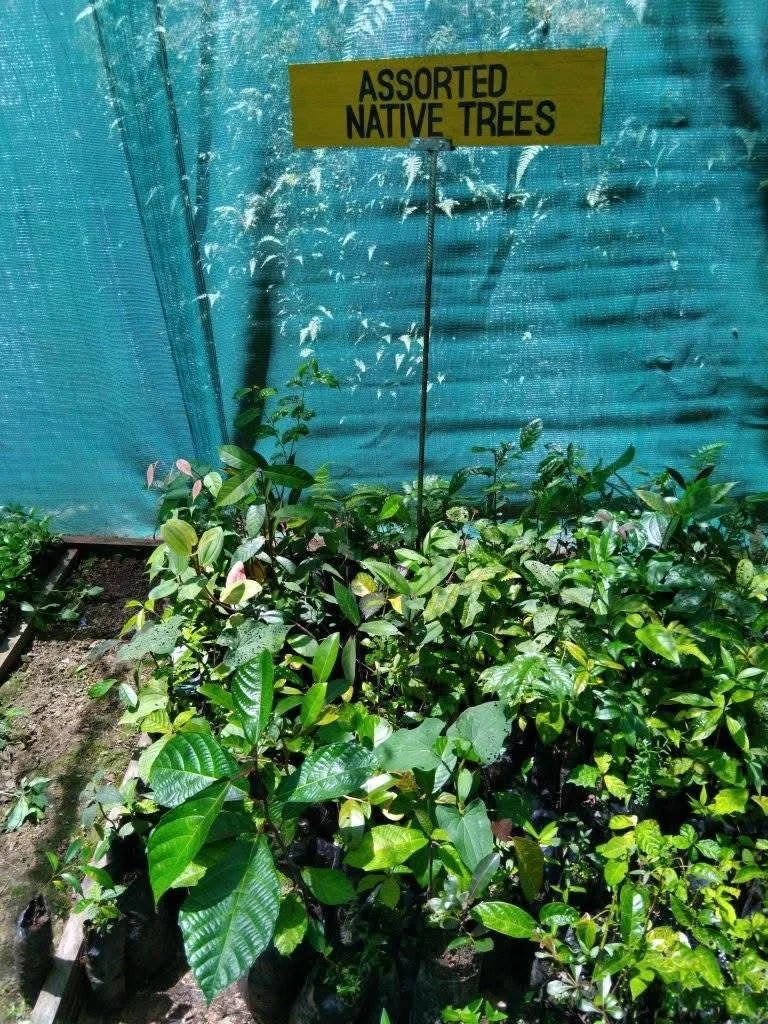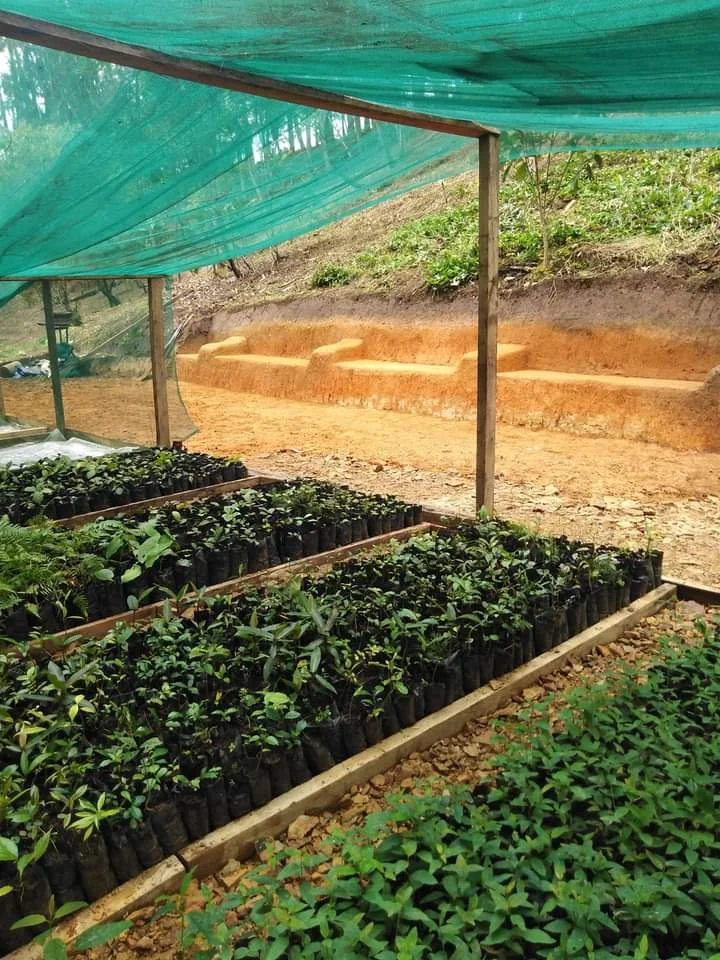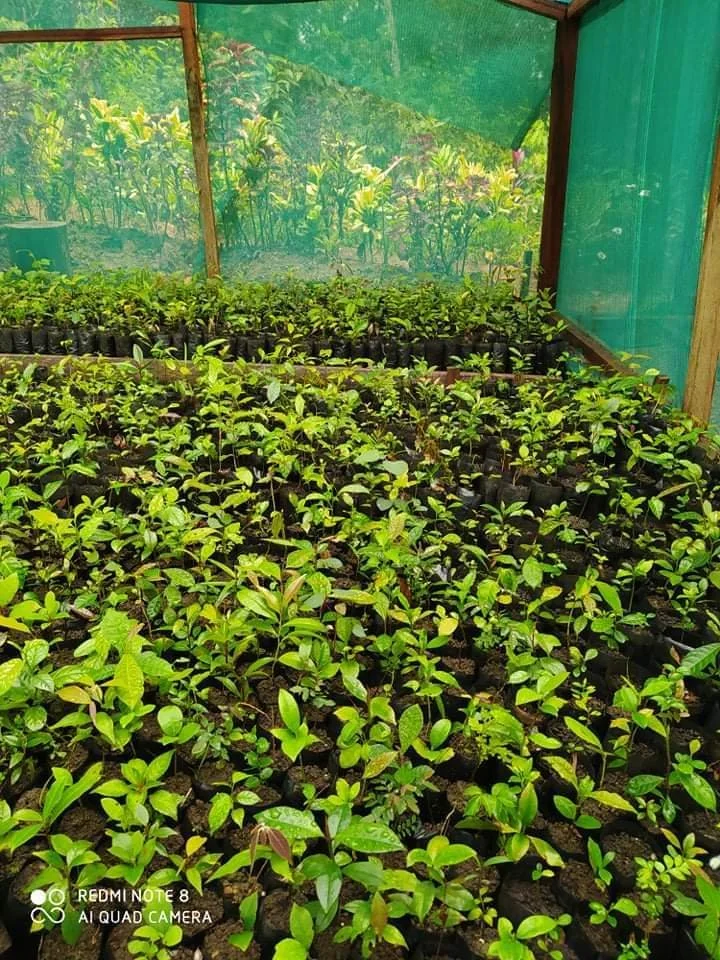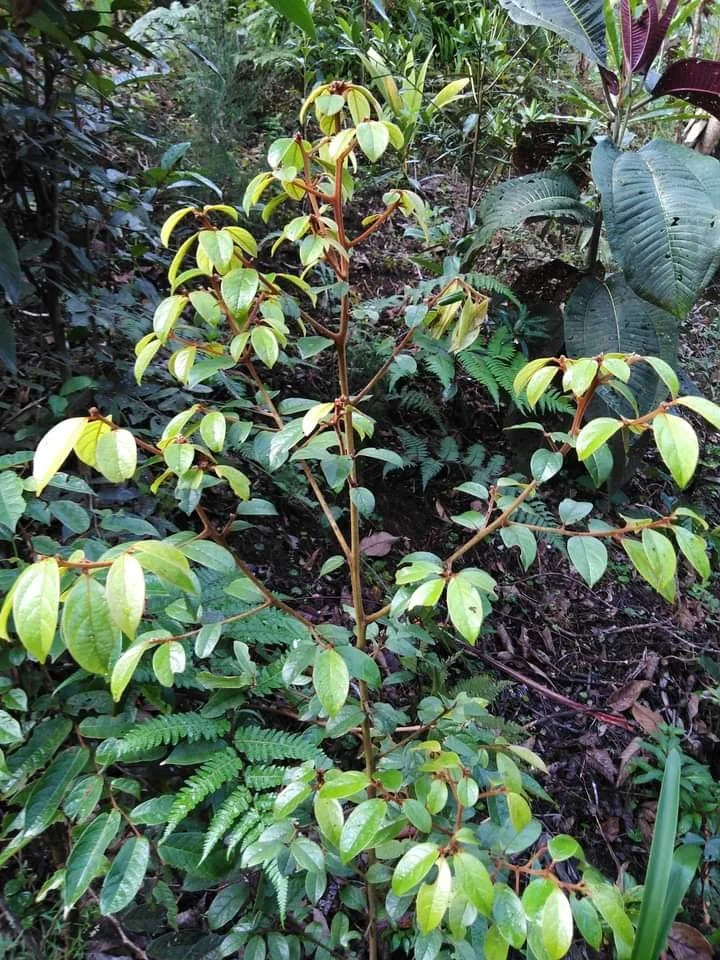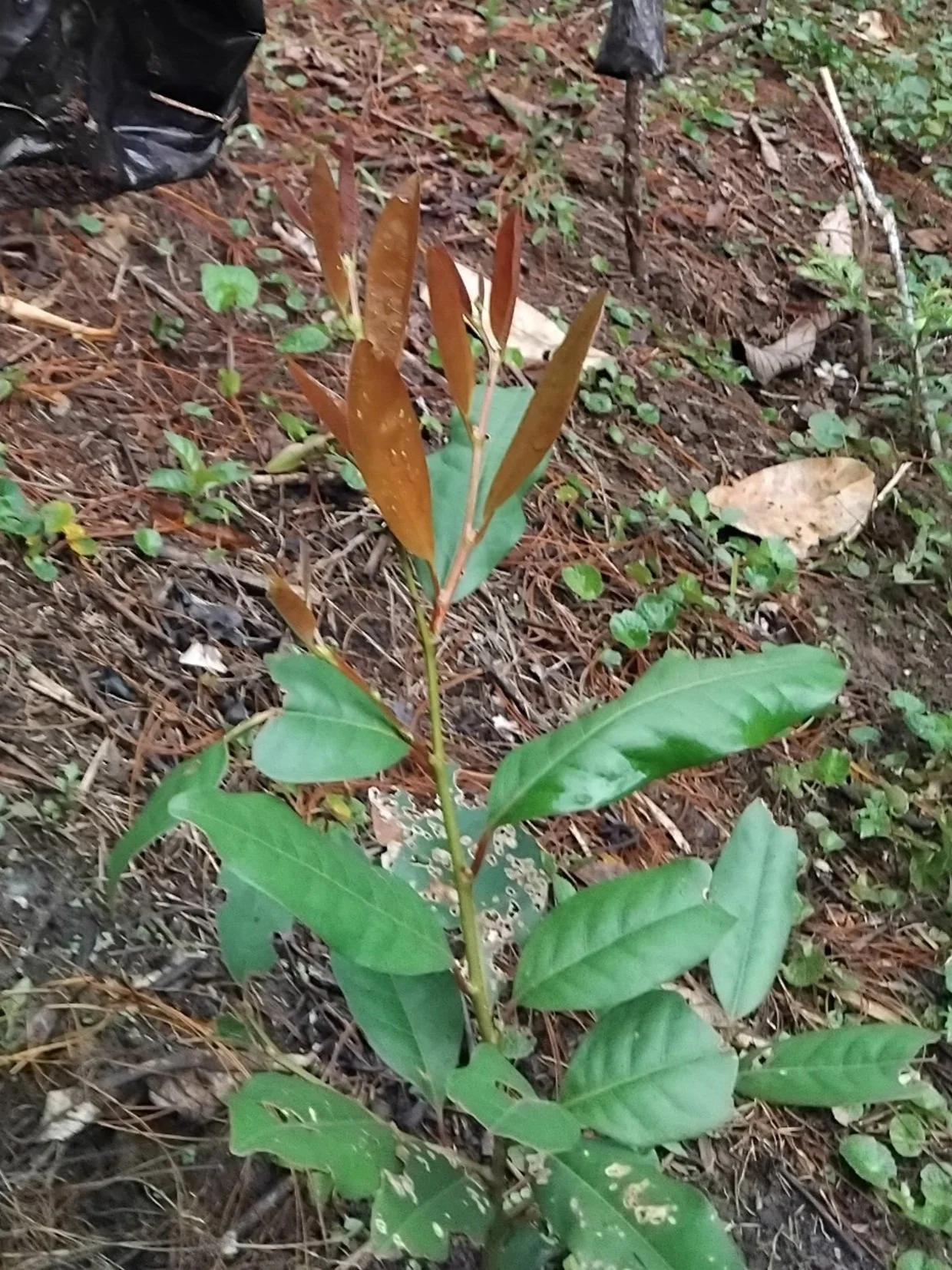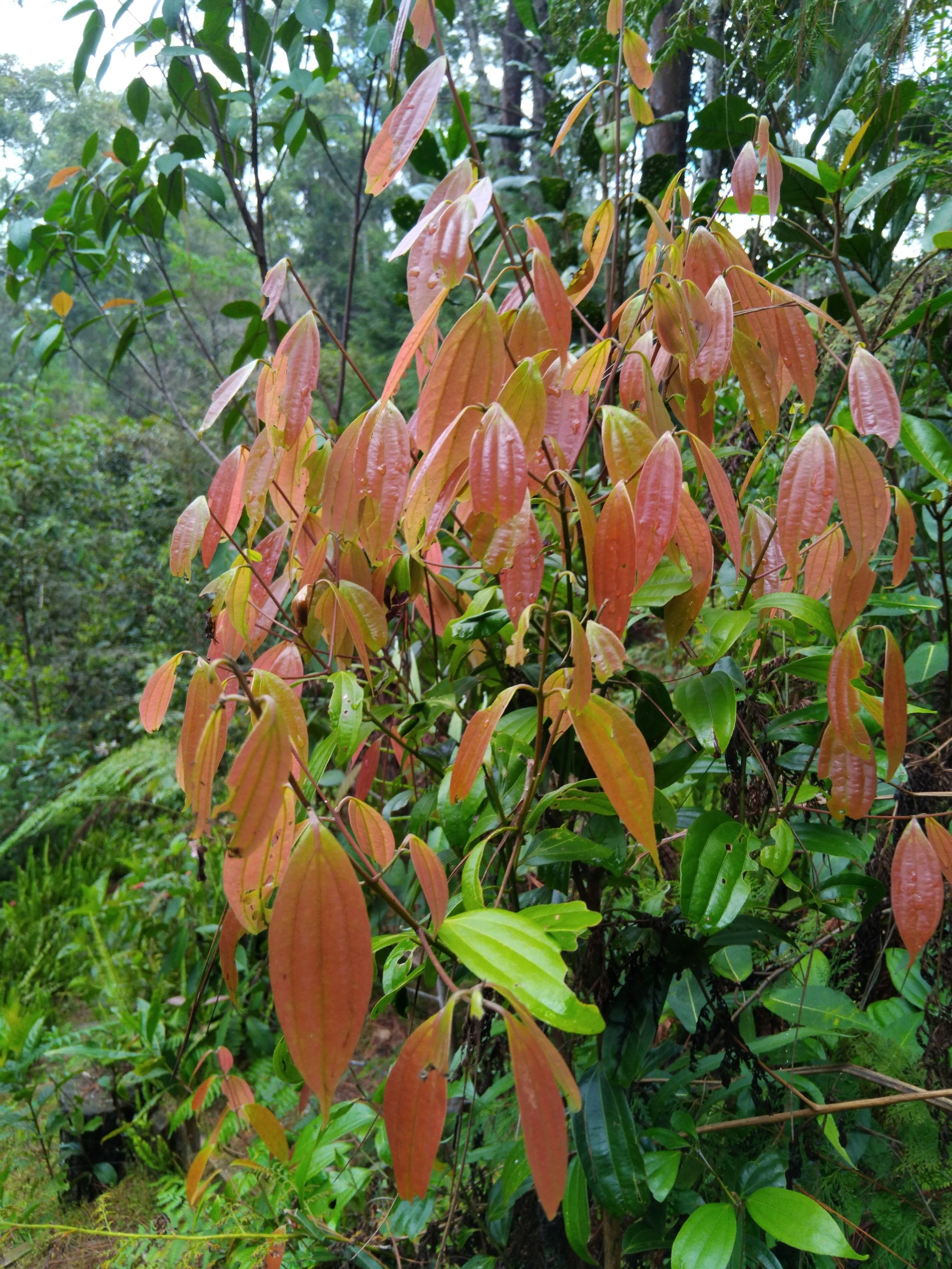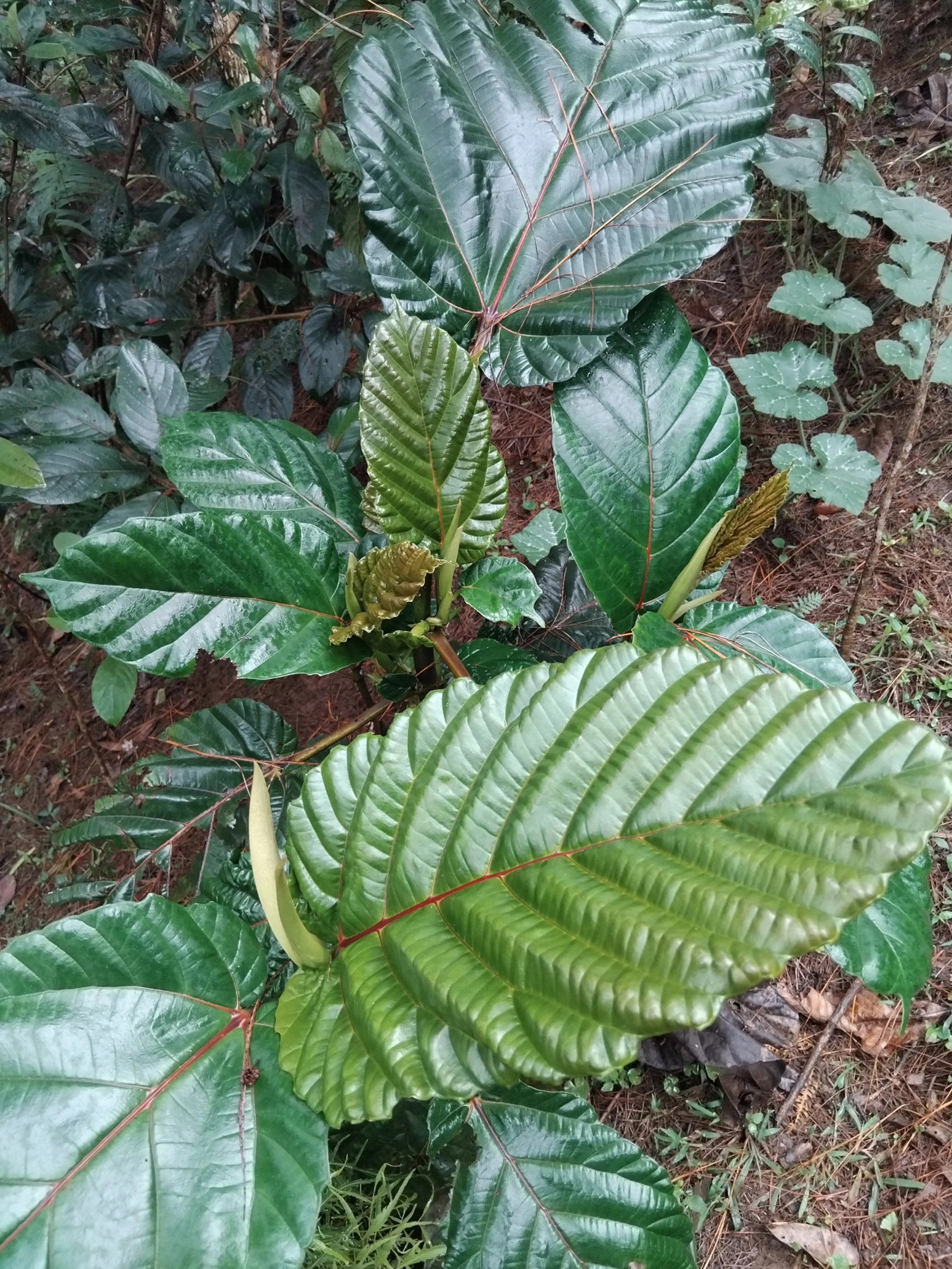Native Plant Nursery
Saving our foresets.
Many plants, animals, and ecological habitats have been lost due to human activities and human inaction toward the preservation of the natural environment. We want to save and restore as many of our lost ecosystems as possible by rebuilding the lost forests within and around the land border of the Sipaku clan.
We are pleased to announce that our nursery is the largest nursery in Simbu Province to date. Our goal is to make our nursery the central hub for planting plants and trees for all surrounding communities to plant trees on their own land. To date, Dikasuna Nature Convservation Inc. has a total of more than 100,000 seedlings ready for planting.
Our nursery is designed and maintained by our two full-time gardeners; meet them on our Meet the Community page.
Indigenous Flowers
Keeping the beauty of our nature alive.
Our native plant nursery is a part of Project Green Lung, as we endeavor to bring back and spread the unique indigenous plants that grow in our lands. We store these beautiful plants within our nurseries, care for them, and replant them later when they are ready as part of one of our many reforestation projects aimed at restoring our lost forests and creating a safe space for the various types of plants and animals in order to achieve natural ecological biodiversity.
Preserved Native Trees & Its Uses
Gulduin
(Traditional Name in Dinga Language)
Traditional Use
Dry leaves used as spice to flavor and marinate meat
Ere’Ogle
(Traditional Name in Dinga Language)
Traditional Use
Used for decorating graveyards, walkways for honored guests, ceremonial food decoration, and traditional wear
Ere’Yoba
(Traditional Name in Dinga Language)
Traditional Use
Used as building material for traditional housing, garden fencing, walkway or walkover bridges
Known for its hardness and durability
Also used in traditional decorations as stools for orchids and various traditional flowering plants
More’Dibariba
(Traditional Name in Dinga Language)
Traditional Use
Used for its scent as perfume
Used as traditional wear in the form of a scented neckless
used during traditional singing and dancing and in other cultural rituals
Also used as food; it’s nut as a very sweet taste to accompany its natural aroma
Nimpere
(Traditional Name in Dinga Language)
Traditional Use
A special traditional plant used to extract drinking water; one to four saplings are planted within a small area near villages and homes to extract drinking water from underneath the ground.
Emi
(Traditional Name in Dinga Language)
Traditional Use
An indigenous traditional plant commonly as food wrap mainly with meat and protein foods.
Emi
(Traditional Name in Dinga Language)
Traditional Use
Traditional perfume flowering tree; its fruits and flower give of a sweet scent
Find out more on Dikasuna Flora.
